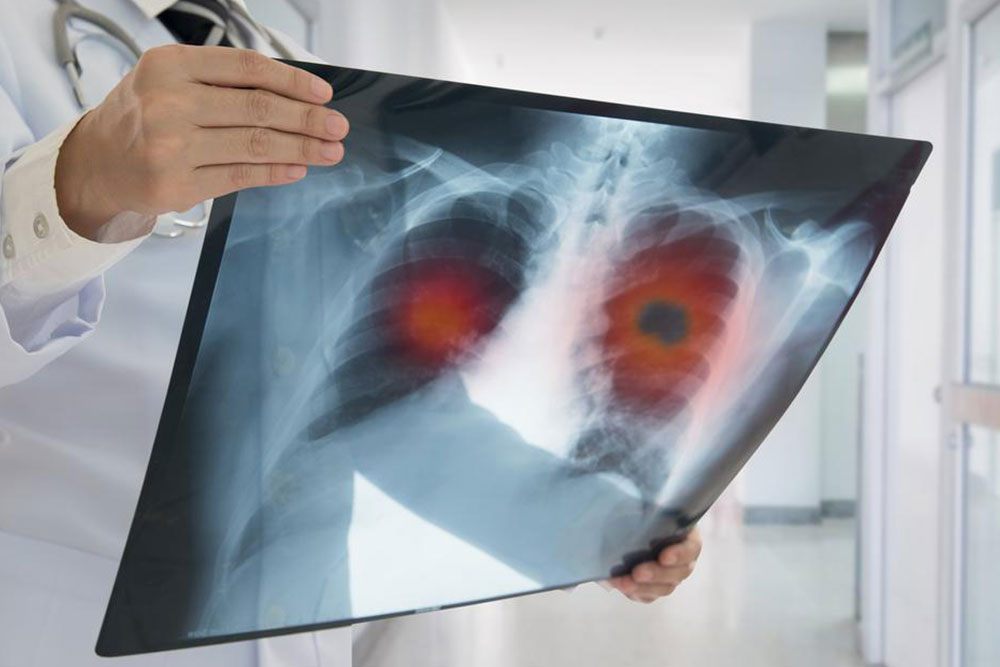Comprehensive Support Systems and Resources for Lung Cancer Patients
This comprehensive article explores vital support networks and resources available for lung cancer patients, emphasizing emotional support, educational materials, and community-based assistance to improve their treatment journey and quality of life. It highlights the importance of online forums, local support groups, healthcare teams, and educational resources in providing essential aid and reassurance to those battling lung cancer.

Essential Support Networks and Resources for Individuals Fighting Lung Cancer
Early detection of lung cancer significantly increases the chances of successful treatment outcomes. However, many individuals fail to recognize symptoms early, resulting in diagnosis at advanced stages. Despite the availability of various therapeutic options, a large number of patients are unaware of the extensive support and resources that can greatly enhance their treatment journey and overall quality of life. This article aims to provide a detailed overview of the diverse support networks and resources accessible to lung cancer patients, helping them navigate their path with confidence and resilience.
Understanding Support Systems & Resources
The term "lung cancer support network" refers to a broad range of individuals, organizations, and programs dedicated to providing emotional support, practical assistance, and valuable information to those affected by lung cancer. These support systems are crucial in helping patients cope with the physical, emotional, and psychological challenges posed by their condition, offering hope and encouragement at every step of their treatment and recovery process.
Below are the most common and effective support avenues that lung cancer patients can access to improve their overall experience and outcomes:
Online Support Forums – Digital communities provide a vital platform for patients to connect with others facing similar health challenges. These forums foster a sense of solidarity as members share personal stories, coping strategies, and emotional support. Online support groups are accessible 24/7, making them an invaluable resource for those seeking immediate assistance or simply wishing to feel less isolated during their journey.
Local Support Groups – Community-based groups offer face-to-face interaction, providing guidance, encouragement, and practical advice tailored to regional resources and services. These groups often organize meetings, educational sessions, and peer-support activities, which help patients manage their condition better while maintaining social connections and a sense of belonging.
Healthcare Team Support – A multidisciplinary medical team comprising doctors, nurses, oncologists, nutritionists, and therapists plays a pivotal role in the support network of lung cancer patients. These professionals not only administer treatment but also provide emotional reassurance, offer guidance on managing side effects, and assist with palliative care when needed. Their ongoing support is essential for navigating complex treatment protocols and making informed decisions about care options.
Educational Resources – Comprehensive educational materials, including brochures, online articles, videos, and informational webinars, empower patients and their families with knowledge about lung cancer, its risk factors, diagnosis, treatment modalities, and self-care practices. Staying informed helps patients cope better and make proactive decisions about their health and well-being.
The Significance of These Support Resources
Support networks are especially vital for patients who are newly diagnosed and those undergoing ongoing treatment. They provide emotional reassurance, reduce feelings of isolation, and facilitate access to financial assistance, such as help with medical expenses. Additionally, they offer practical guidance on home care, symptom management, and navigating healthcare systems. The mental and physical stress linked to lung cancer can be substantial, but with robust support, patients often experience improved psychological well-being, higher treatment adherence, and an overall enhanced quality of life. Collaborating with comprehensive support systems enables patients to face their diagnosis with resilience and hope, ultimately contributing to better health outcomes and a more positive outlook on life amidst challenges.




